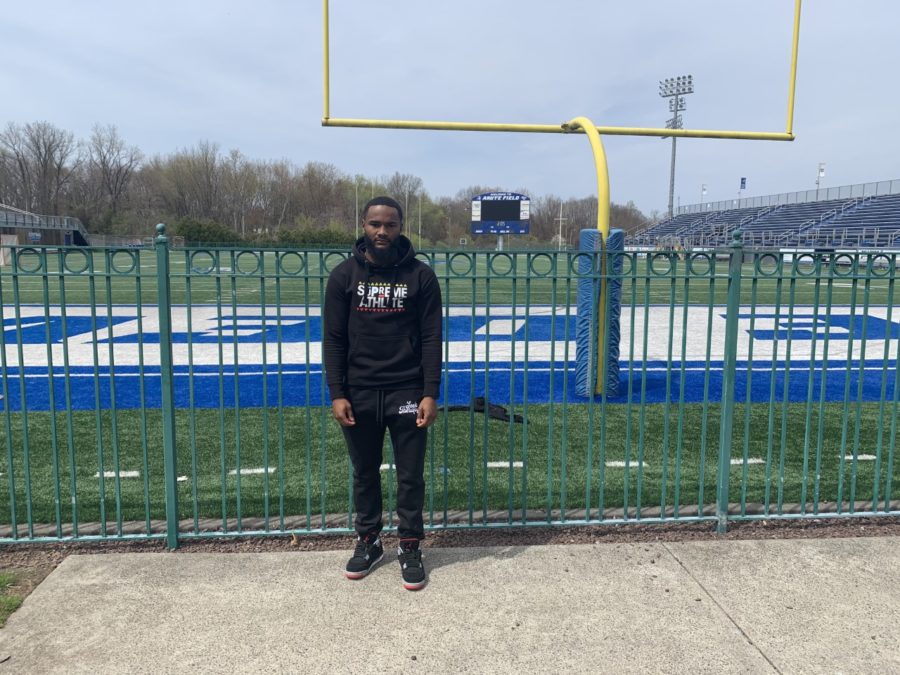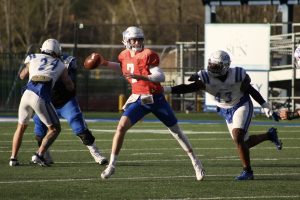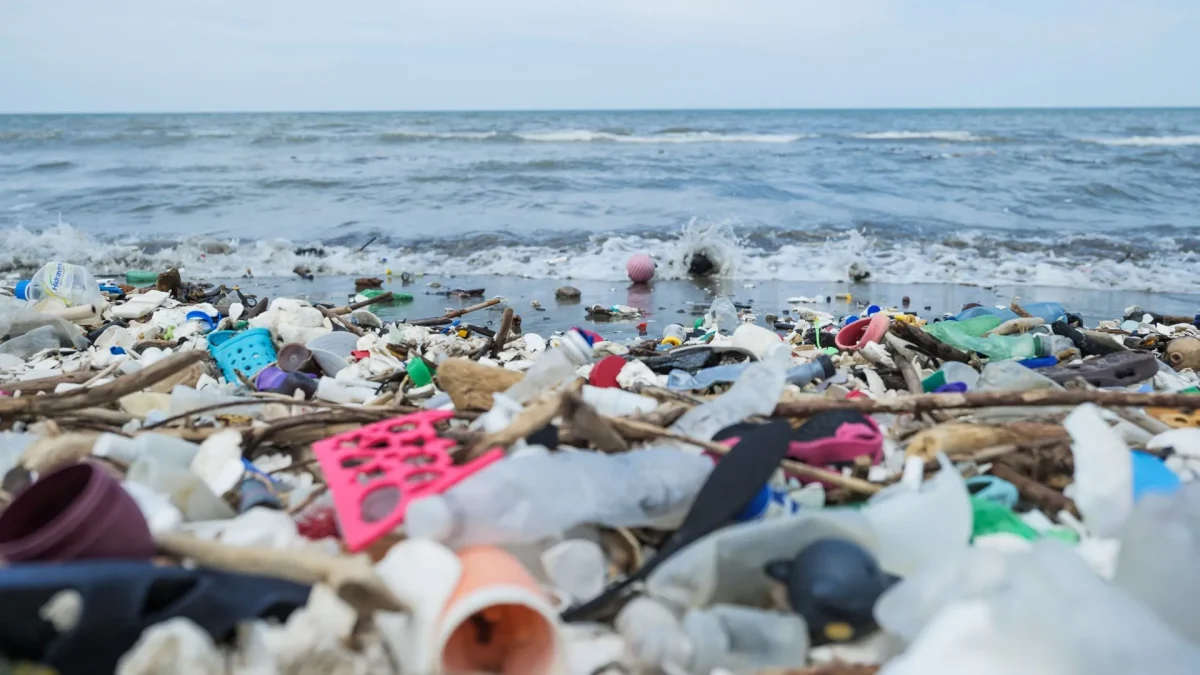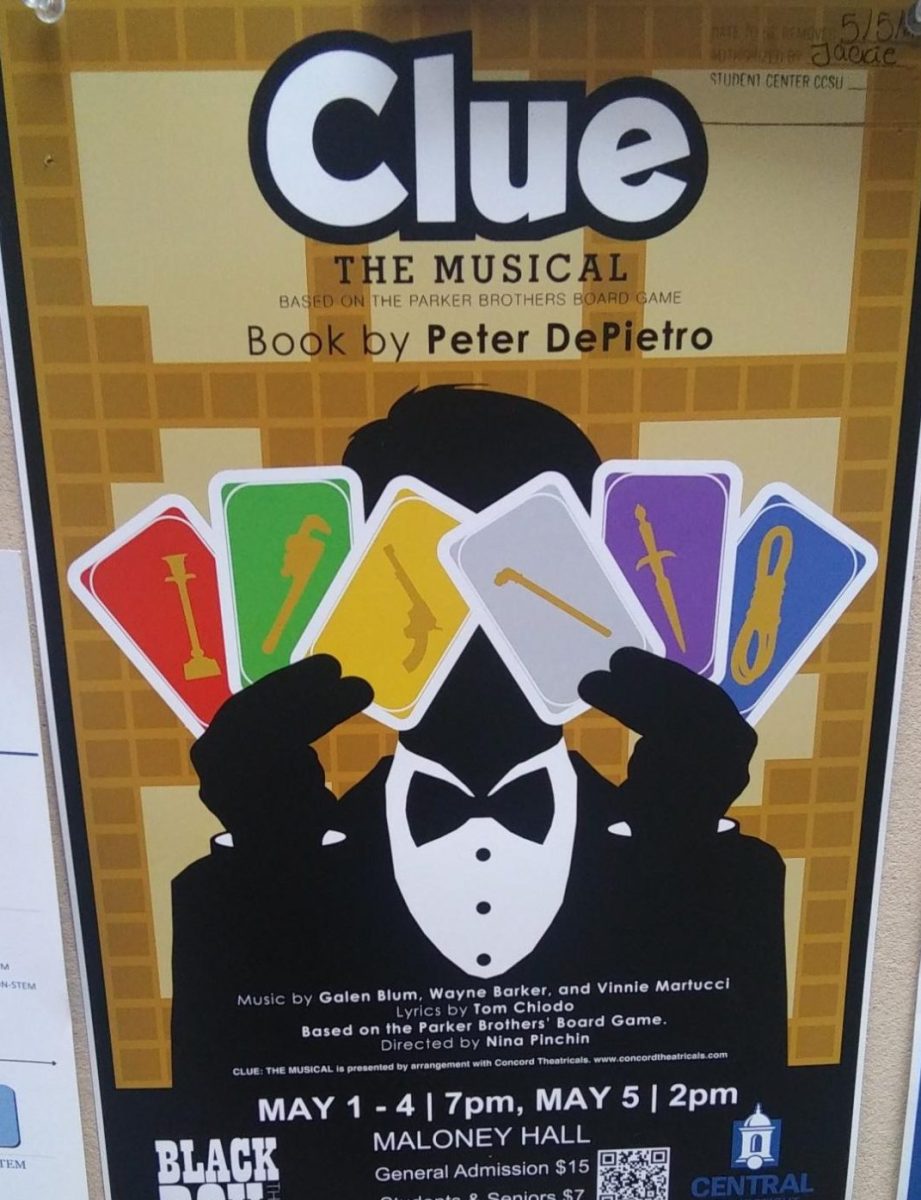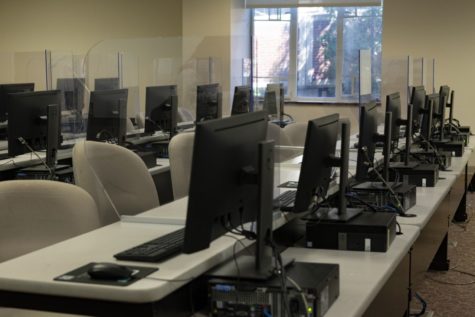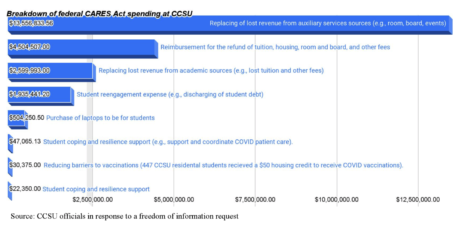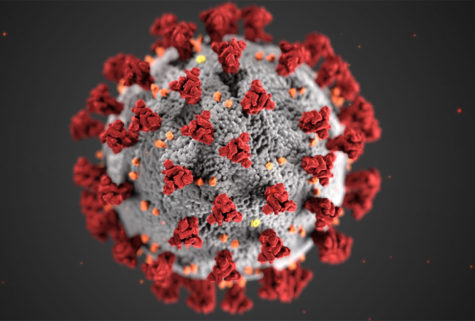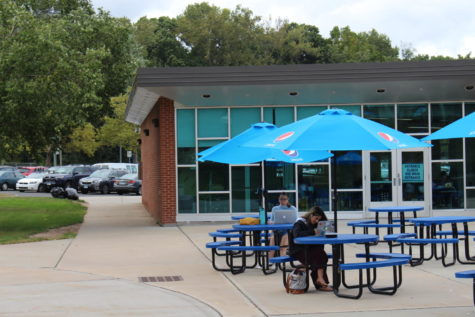How The COVID-19 Shutdown Impacted CCSU Athletes’ Mental Health
CCSU football player Dexter Lawson Jr. stands near the endzone at Arute Field.
May 5, 2022
Sitting in the student center at Central Connecticut State, football player Dexter Lawson Jr. recalled the impact the COVID-19 shutdown had on his mental health when he could not play the sport he loved for almost a year.
“It definitely had an effect on my mental health because I use football as my scapegoat to get away from whatever I’m going through mentally,” Lawson said. “So not being able to get away just go play football was frustrating and forced me to kind of figure out other outlets and things like that.”
When the pandemic began in March 2020, the NCAA canceled all sports games indefinitely. Some sports returned at the end of Fall 2020, but all CCSU sports did not fully return until the Fall 2021 semester.
At Central, the football team and the indoor track team did not compete during the fall of the 2020 season.
A survey of 25,000 athletes conducted by the NCAA at the end of Fall 2020 showed that 94% of Division I athletes reported being tested for COVID. Of those, 14% tested positive for the virus.
Aaron Dawson, a running back who was on the Blue Devils football team when the pandemic began, said it was tough to adapt to the health and safety protocols in place when he returned.
“It was very difficult to get used to,” Dawson said. “When we had to test, it was during the free time before practices where I’d like to eat or just relax and sometimes I couldn’t do that.”
Tom Pincince, the director of athletics at CCSU, said the lack of vaccines when college sports returned meant teams were facing continuous problems with having to quarantine.
“I remember when we first came back to campus, and if I got sick, I was going into isolation for 10 days and I was staying there for 10 days,” Pincince said. “Well, if you were considered a contact with me, you were going to quarantine for 14 days. There were no questions asked. There was no vaccine. There was no boosters.”
Sal Cintorino, the chief operations officer at CCSU, said the university worked with a number of groups to allow sports to return to the campus safely.
“It was a combination of working with our athletic director, working with the NCAA and the Northeast Conference, who we’re a member of,” Cintorino said. “And then we crossed over the recommendations that we got nationally from them with what we were doing with the Department of Public Health in Connecticut. So, we had a mitigation plan for them.”
Pincince said the strict testing protocols the athletics department and the university had in place allowed them to identify close contacts of athletes testing positive. This led to some sports teams on campus going into quarantine at least twice.
“When we first started playing, if a team had travelled on the bus somewhere and then somebody got sick and they tested positive, that whole team was going into quarantine,” Pincince said. “We had a couple teams that went into quarantine at least twice during the season. And we were asking the athletes to stay here just so that they didn’t go home and then have contact with somebody who could potentially be infected.”
The national NCAA survey conducted in Fall 2020 found that athletes whose classes were only online had higher mental health concerns. Of them, 43% said academic worries were a significant contribution to this, and 33% said the lack of access to sports was a factor in a decline in mental health.
Lawson was one of these athletes who had no escape from schoolwork or classes because he couldn’t play football. The CCSU cornerback said he couldn’t even play by himself during the shutdown.
“I wasn’t even able to really leave home. I couldn’t just go to the field because a lot of the fields around where I’m from were closed off and nobody could go on there,” Lawson said. “So, I couldn’t even just go by myself and zone out things like that. It is that thing that kind of keeps you going, and all of a sudden, it just gets snatched away from you abruptly.”
